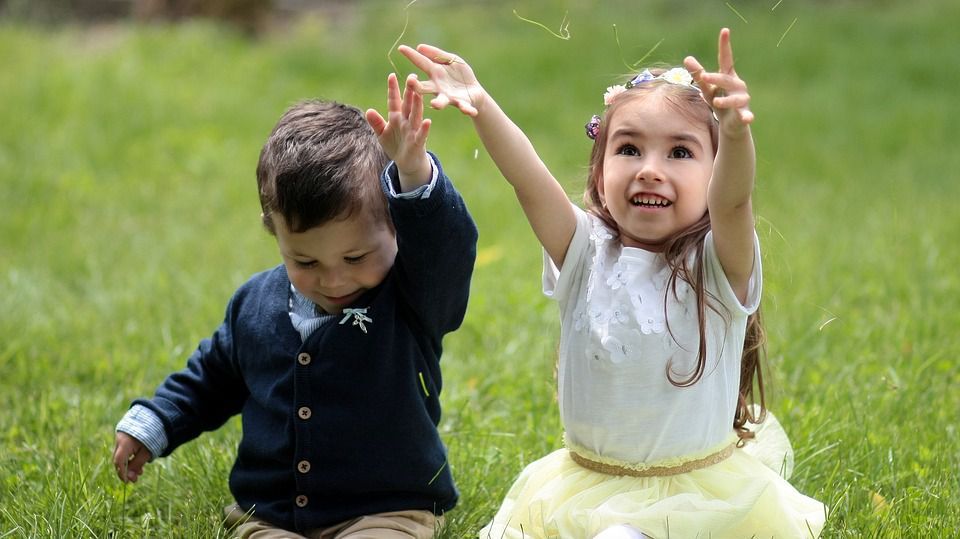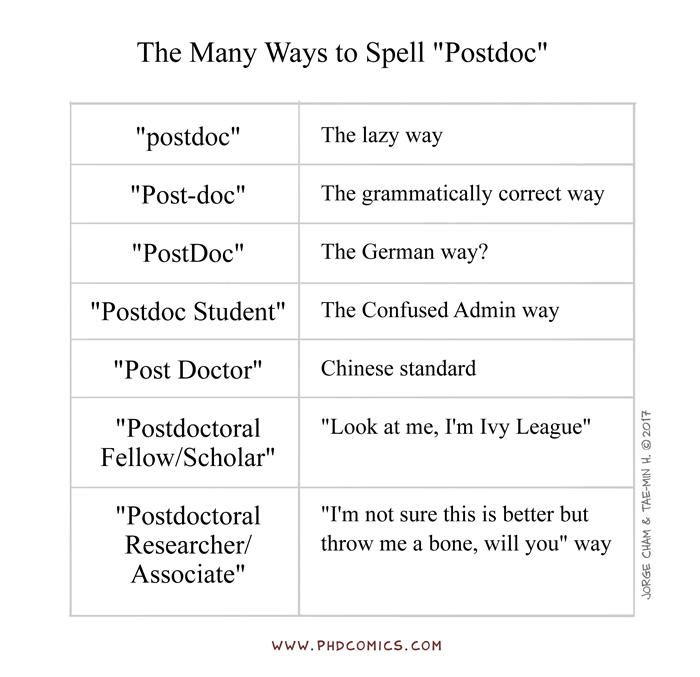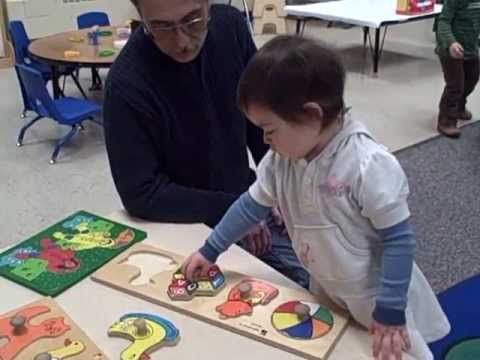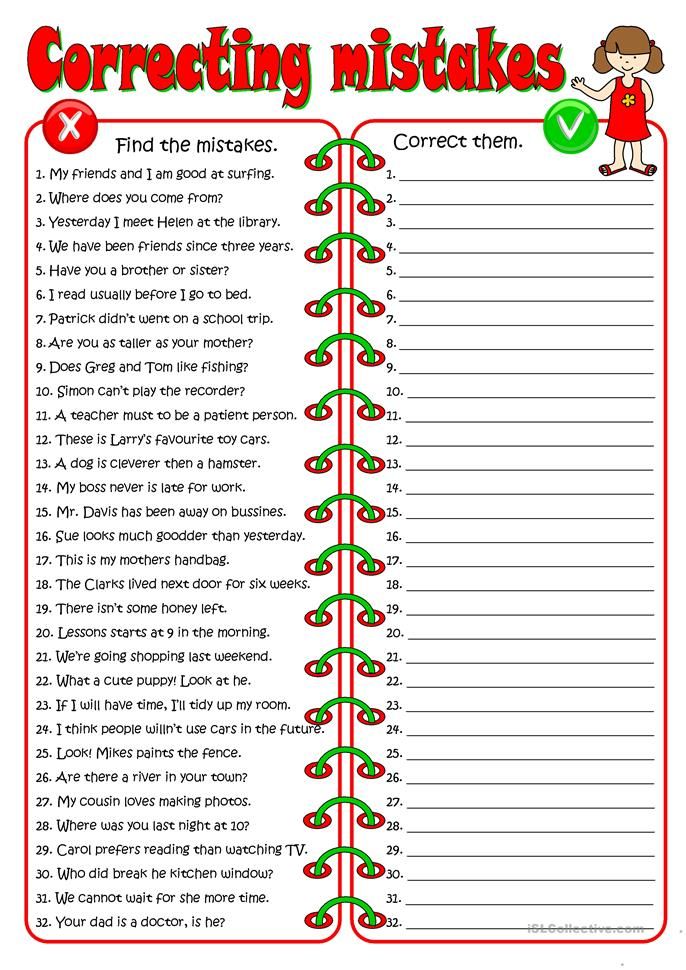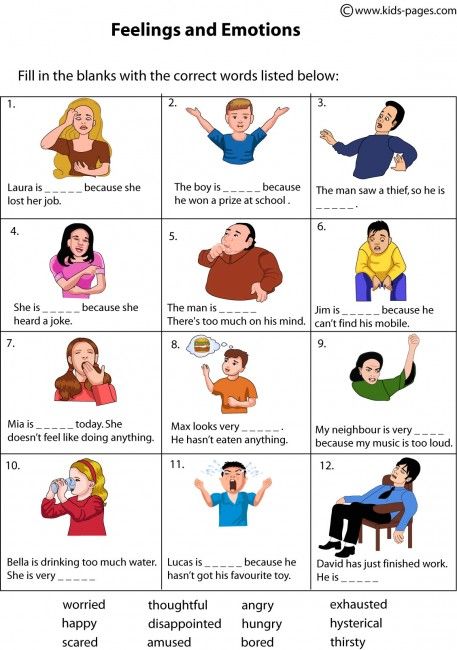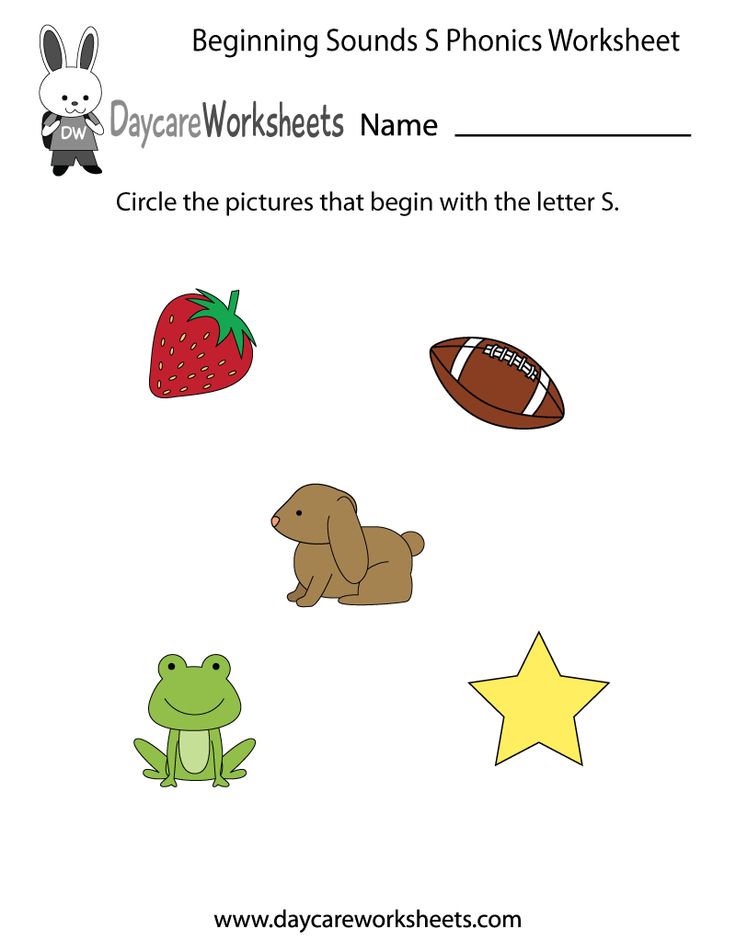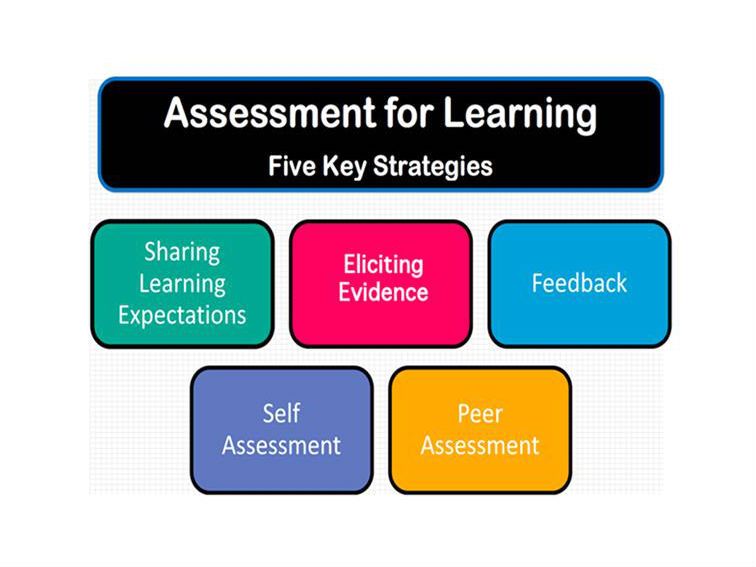Preschool math board games
Math Board Games | Board Games That Teach Math Skills
Practicing math skills can be fun—and it doesn’t always have to feature numbers or equations. Some board games sneak in counting, sequencing and strategy as your child plays. Beyond classics like Hi Ho! Cherry-O, Connect Four and Yahtzee, these unique board games can help your child practice math skills.
Understood does not endorse or receive financial compensation for the sale of any of these products.
Feed the Woozle
Ages: 3+
The Woozle is a monster who loves silly snacks—but the treats in this game aren’t like the ones in Candy Land. Kids may roll the die and end up handing out chocolate-covered flies and hairy pickles! In this cooperative game, preschoolers work with—not against—up to four other players to count out the right amounts and types of food. Or they work to match pairs of food cards. Feed the Woozle has three levels of play, so it may have a long shelf life.
Sum Swamp
Ages: 5+
Simple addition and subtraction keep the critters moving around this marsh. To advance around the board, players must roll two numbered dice and a third that has “+” and “-” signs. Players use the dice to figure out how many paces their frog, snail, dragonfly or alligator can move ahead. Kids can take as long as they like to solve the equations. Strong mental math skills aren’t required for this game, so players can use pencil, paper and other tools if needed.
Qwirkle
Ages: 6+
Qwirkle is a little like dominoes, a lot like Sequence and Uno, and similar to Bounce-Off. Players try to score points by creating lines of tiles with matching colors or shapes. That requires strategizing and recognizing patterns—two key math skills. In Qwirkle, kids have to pay attention to different shapes on the tiles, including circles, squares, clovers and stars. Players can take turns tallying points or work together to add them up.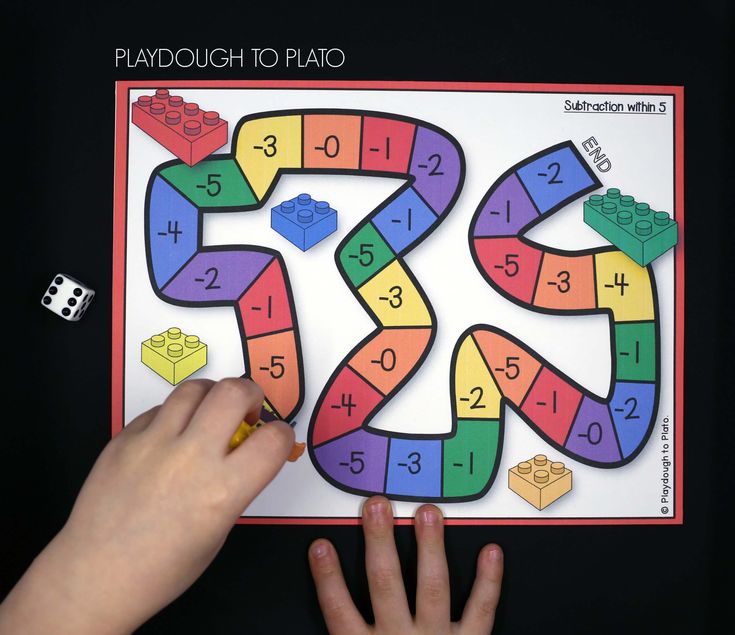
Battle Sheep
Ages: 7+
Like Battleship, Battle Sheep is a game of strategy. But there are no boats on these boards—just flocks of sheep moving into new pastures. To play, each player divides his stack of sheep chips and takes turns trying to place sheep in a line across the other player’s land. This involves spatial planning and counting, and kids with math anxiety may like that there are no numbers in this game.
Money Bags
Ages: 8+
Grade-schoolers don’t just get rich as they play this game. They also practice collecting, counting and exchanging money. Using plastic coins and paper dollar bills, players solve challenges like figuring out how to get 32 cents from the bank without using any quarters. The player who reaches the finish line first gets a bonus. (For similar games, check out The Game of Life and The Allowance Game.)
Ticket to Ride
Ages: 8+
In this multiplayer role-playing board game, players compete to travel by rail to the most cities in North America in just seven days. Players collect cards that show which railway routes connect to one another. The longer their routes, the more points they earn. No money changes hands in this game. But players use key math skills like strategy and reasoning. And as with Settlers of Catan, many Ticket to Ride fans can’t
stop playing once they understand the rules.
Players collect cards that show which railway routes connect to one another. The longer their routes, the more points they earn. No money changes hands in this game. But players use key math skills like strategy and reasoning. And as with Settlers of Catan, many Ticket to Ride fans can’t
stop playing once they understand the rules.
Fractions, Decimals, Percents Bingo
Ages: 9+
Playing traditional bingo helps kids practice recognizing one- and two-digit numbers. This ramped-up version goes much further. Playing involves math skills as well as flexible thinking. Here’s how it works. The bingo “caller” shows a card with either a fraction, decimal, or percentage on it. Players can mark off any version of that amount. For example, if a card shows “1/3,” players can mark off “.33” or a six-piece pie chart with two pieces missing. (Quizmo and 20 Express are similar math bingo games.)
17 Best Math Board Games for Kids in 2022
Incorporate these fun and educational math board games for kids in your homeschooling curriculum and watch your kids learn math without even realizing it!
Give kids math workbooks, and they might welcome you with a grumpy frown or two.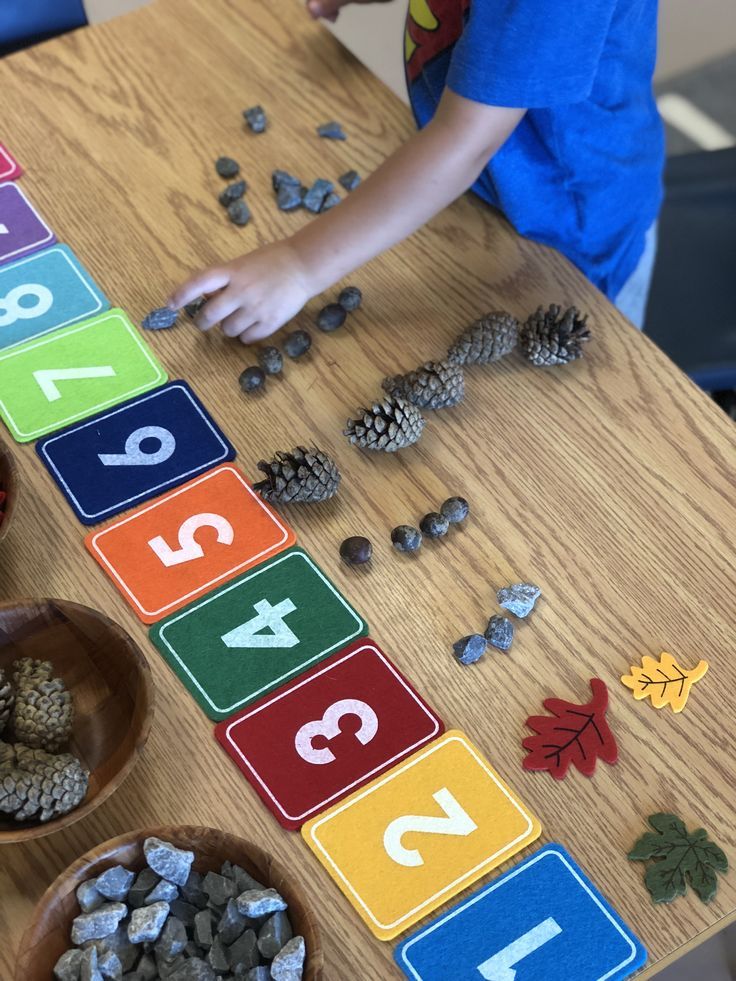 Give kids board games that teach math skills, and your young students will join the fun in a heartbeat.
Give kids board games that teach math skills, and your young students will join the fun in a heartbeat.
Teaching young kids problem-solving and math processes from the book can sometimes be tedious. However, with a little creativity and fun, you can make math easy to learn!
Whether you’re a parent having a hard time teaching kids math, or a teacher who wants to build math skills the fun way, here are some of the best math board games for kids that your little learners will love!
Math Board Games for Preschoolers and KindergartenersLittle kids are never too young to learn math. In fact, teaching preschoolers math in the early stages of learning can help them identify math concepts more easily!
If you’re looking for engaging math board games for preschoolers, here are some games to check out.
Count Your ChickensMath Skill Focus: Counting, Pattern Recognition, Problem Solving, Number Recognition, Subtraction
Count Your Chickens can teach your young learners some of the necessary foundations of math, including recognizing patterns, problem-solving, and counting.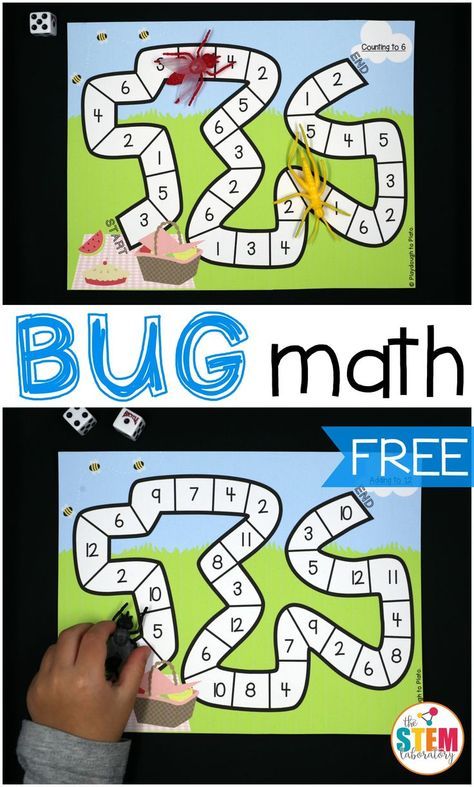 This math board game for preschoolers takes your kids in a mission of gathering lost chicks back to the coop before the hen arrives.
This math board game for preschoolers takes your kids in a mission of gathering lost chicks back to the coop before the hen arrives.
Using a spinner, kids can move Momma Hen to several places corresponding to the number shown in the spinner. Kids will then gather the chicks equal to the spaces Momma Hen moved.
Count Your Chickens is a fun, cooperative math board game that can include 2 to 4 players!
Hi Ho! Cherry-OMath Skill Focus: Addition and Subtraction
Do you want to teach addition and subtraction to preschoolers without stress? You can combine both fun and math lessons with the classic game of Hi Ho! Cherry-O. There’s only one objective: be the first to fill the bucket with cherries. Using a spinner, kids will know when to add cherries, and when to remove some.
2-4 kids can play with this board game. Each player has their own tree with 10 cherry fruits. Players will then use the spinner to see how many cherries they can pick out from their individual trees.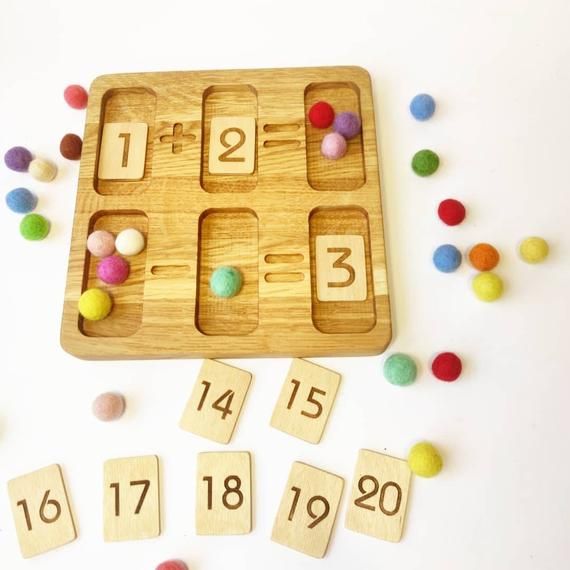
If the spinner lands on the 1-cherry slot, the player will have to take out one cherry from the tree and transfer it to their bucket. If the spinner lands on either a dog, spilled bucket, or bird slot, the players need to put the cherries back to the tree. The first one to fill their cherry bucket wins.
Hi Ho! Cherry-O is one of the best math board games for kids that can help you teach math the stress-free way!
The Ladybug GameMath Skill Focus: Basic Counting, Number Perception
What makes The Ladybug Game one of the best math games for preschoolers? The game combines math concepts with a fun, entertaining story! You can train children’s necessary counting skills and number and image perception without them knowing it!
The Ladybug math board game can be played by 2-4 players. The objective of the game is to help the ladybugs reach home. Each player needs to draw a card from the card deck to determine the spaces they would move.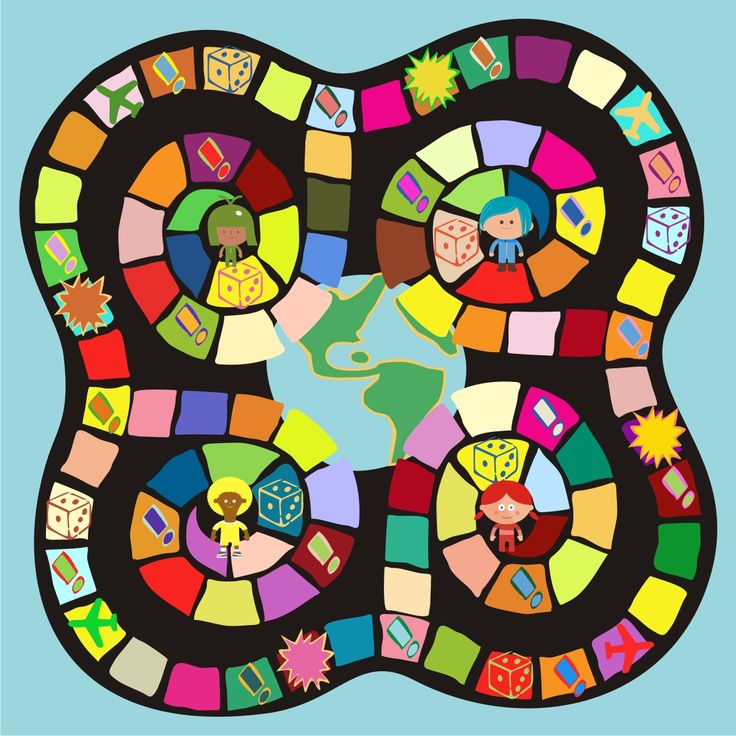 Along the way, kids will be able to gather aphids to save lazy ants. The first one to reach the ladybugs’ home wins.
Along the way, kids will be able to gather aphids to save lazy ants. The first one to reach the ladybugs’ home wins.
The Ladybug Game will make your kids practice their mathematical abilities sans the tantrums!
First OrchardMath Skill Focus: Counting and Spatial Recognition
Can your little math whiz win against the raven? First Orchard helps kids as young as 3 practice their counting and spatial recognition skills. The goal of the game: kids should harvest the fruit before the raven gets to the garden’s gate!
First Orchard comes with dice that will tell players which fruit to get. If a player gets a blue color, they can keep one blue-colored fruit in their baskets. Players have to make sure they get all the fruits before the raven gets in the garden. Best enjoyed by 1 to 3 players.
Harvesting fruit and knowing when they’ve successfully done the harvesting are simple tasks that can hone your child’s developing math skills!
Zingo!Math Skill Focus: Counting, Number Sense, Word Recognition, Addition
Zingo is a highly recommended board game that works like bingo with a math twist!
The game comes with a zinger and cards with different images corresponding to various numbers.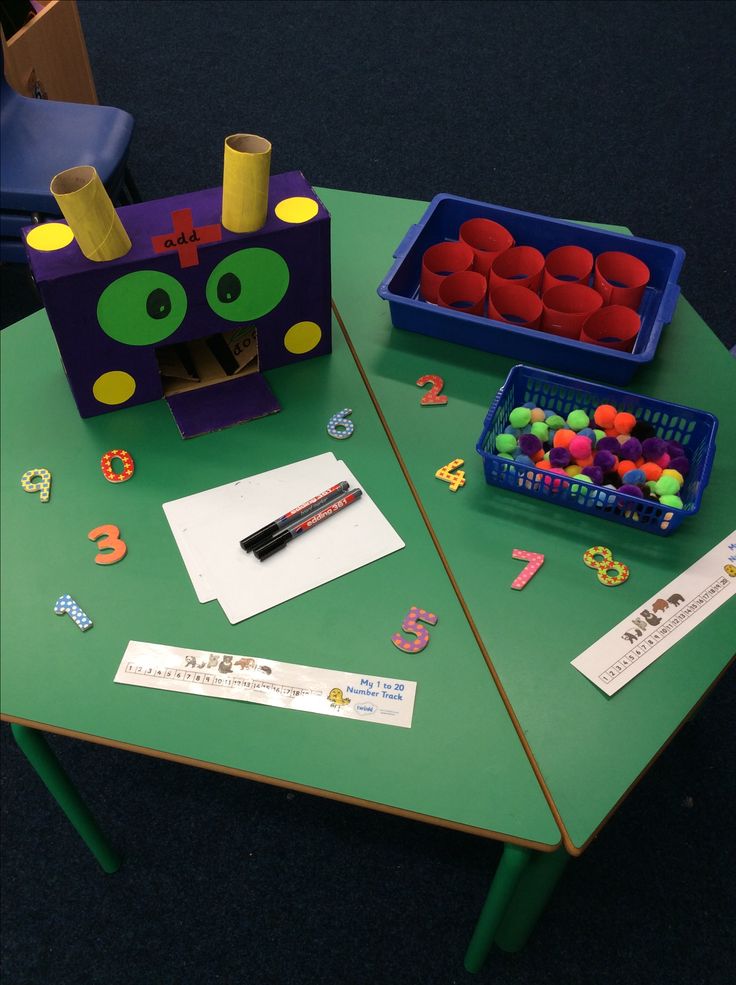 Kids need to match the number from the zinger to the images on their cards. The first one to check out all the boxes wins the game.
Kids need to match the number from the zinger to the images on their cards. The first one to check out all the boxes wins the game.
There are two sides to the Zingo boards. The green side is the easier side that focuses on counting and number recognition. For kids who have mastered counting, you can turn the Zingo cards over to the harder side and practice addition. You can start playing the Zingo board game when your kid is in preschool and continue playing it until your kid establishes expertise in number word recognition and addition.
Clumsy Thief Junior
Math Skill Focus: Counting, Addition
Clumsy Thief Junior is a simple card game that teaches your kids what addition facts sum to 10. Memorizing the addition facts and doing tons of worksheets to ensure that your kids will remember them for life sound painful for both you and the kids. Instead, play this fun game as a family and after a few rounds, your kids will start to catch on to the addition facts.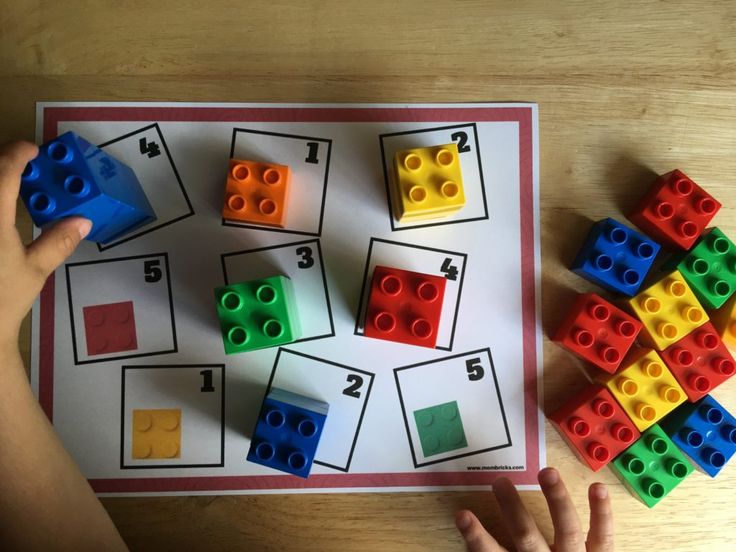
Tenzi Game
Math Skill Focus: Number Recognition, Counting, Pattern Recognition, Addition, Subtraction, Multiplication
There are lots of different ways to play the Tenzi game, and you can make it as easy or as difficult as you want. The game comes with 4 sets of 10 colored dice, and you get to decide what game to play with them.
The simplest game rule is that each player starts off with all 10 dice of the same color. You keep rolling your dice and putting the same ones aside until you get all 10 dice on the same number. The first player to do so and yell “Tenzi!” wins!
Check out my review on the Tenzi Dice Game to see what other ways you can use Tenzi to teach your kids math!
Board Games About Math for Elementary School KidsElementary school kids are up for some tough math challenges. Here are some recommendations for the top math board games for elementary school kids.
Mobi Math WhaleMath Skill Focus: Addition, Subtraction, Multiplication, Division
Mobi Math comes with a cute whale pouch that contains study numbers and operations tiles. The easiest way to describe Mobi Math is that it’s like Scrabble, but math. It’s a fast-paced game where the objective is to make simple math equations in a crossword-style grid and the first to finish the tiles wins!
The easiest way to describe Mobi Math is that it’s like Scrabble, but math. It’s a fast-paced game where the objective is to make simple math equations in a crossword-style grid and the first to finish the tiles wins!
Even though it’s recommended for ages 6 and up, adults can play the game as well to test out their math skills, making Mobi Math fun for the whole family!
We have loved Mobi for a couple of years now. Check out our detailed review here.
Fish StixMath Skill Focus: Counting, Graphing and Categorizing, and Pattern Recognition
Fish Stix is similar to a game of dominoes but with colorful fish and a lot more strategy. It’s a matching game where you put down a card with pictures to match pictures next to it, and you get points for lining up the same fish swimming in the same direction. The first one to mark off all of their fish is the winner!
Fish Stix is very simple to learn so even a preschooler may be able to play with some assistance.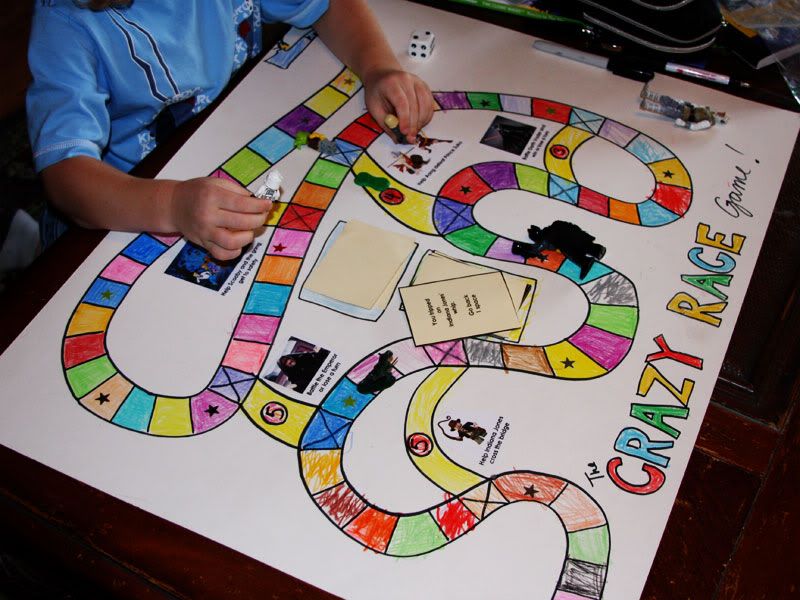 However, it’s engaging enough that even teens and adults can have fun playing it. If you have multiple kids of different ages, Fish Stix is a great game to educate them about math skills and strategy while playing as a family.
However, it’s engaging enough that even teens and adults can have fun playing it. If you have multiple kids of different ages, Fish Stix is a great game to educate them about math skills and strategy while playing as a family.
Math Skill Focus: Subtraction and Addition
Sum Swamp is a fantastic board game that teaches basic subtraction and addition. The objective of the game is to safely escape the swamp. But there’s a catch – kids can only do it when they answer math drills and challenges right.
Swamp challenges include adding odd and even numbers and subtracting numbers from the dice. The Sum Swamp will surely test your child’s math skills! The game can be played by 2 to 4 players. Best enjoyed by kids ages 5 up!
I Sea 10!Math Skill Focus: Addition
I Sea 10! is pure addition blitz. The rule of the game is simple: the one with the most number combinations amounting to 10 wins.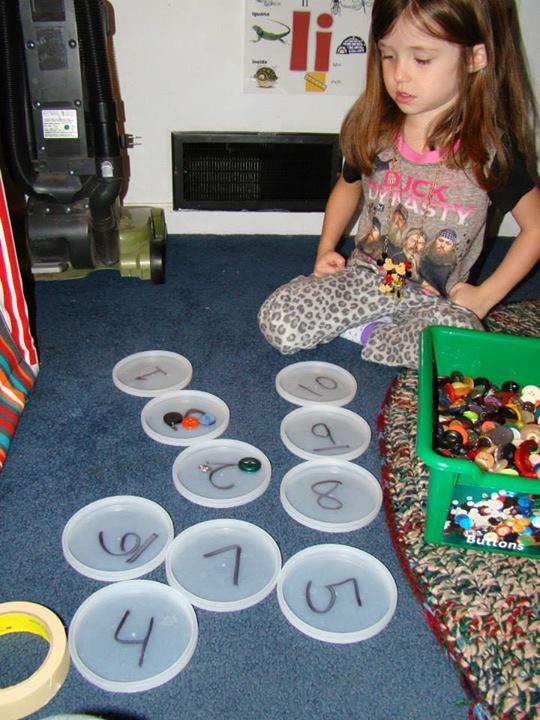 Two to four players take turns flipping cards and the one that first sees numbers that make up 10 gets the points! Don’t forget to shout, “I sea 10!”
Two to four players take turns flipping cards and the one that first sees numbers that make up 10 gets the points! Don’t forget to shout, “I sea 10!”
I Sea 10! is a great supplement for the kindergarten and first-grade math curriculum. Your kid will get tons of practice making 10 in different combinations. This simple game is highly adaptable as well, so you can add to different numbers, make it subtraction only instead of addition, or incorporate other math operations.
Be careful of the sharks! When a child gets a shark card, they need to start over! Great for kids ages 6 and up.
Clumsy ThiefMath Skill Focus: Speed Math
If your younger kids love Clumsy Thief Junior mentioned above, your older ones will love the more grown-up version of the card game!
Clumsy Thief is a hilarious game designed for speed math! The one who has the most money at the end of the game wins! The main objective – to make stacks of cash equal to $100.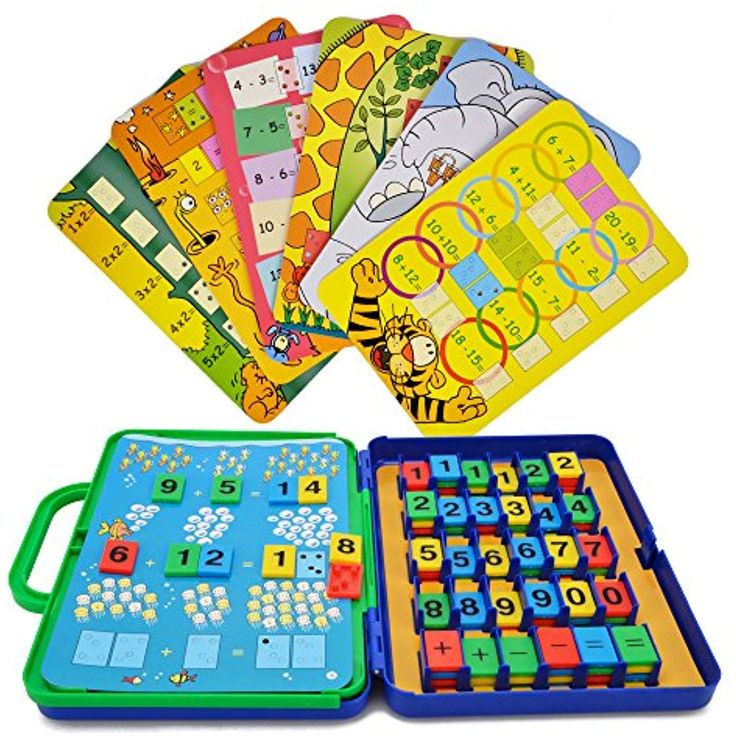 You can use your own card stacks or “steal” the money pile by using a money card. This funny game develops your child’s addition and subtraction skills the fast way!
You can use your own card stacks or “steal” the money pile by using a money card. This funny game develops your child’s addition and subtraction skills the fast way!
Math Skill Focus: Addition, Subtraction, Counting in Multiples of 10, Mental Math
The main goal of each player of the Zeus on the Loose game is to be the one in possession of Zeus when the pile of cards (also known as Mount Olympus) reaches 100. Players compete by adding and deducting points from a collection of cards.
Each player gets 4 cards which they will use to make Mount Olympus reach – but not go over – 100. When a player makes the numbers on the cards equal to multiples of 10 – such as using the special Aphrodite card – they get to snatch Zeus.
There are also other power cards representing gods and goddesses. Each deity card has a corresponding power which can round off the total on the cards to multiples of 10, or reverse the amount (example: Hermes card allows you to switch the card total from 35 to 53).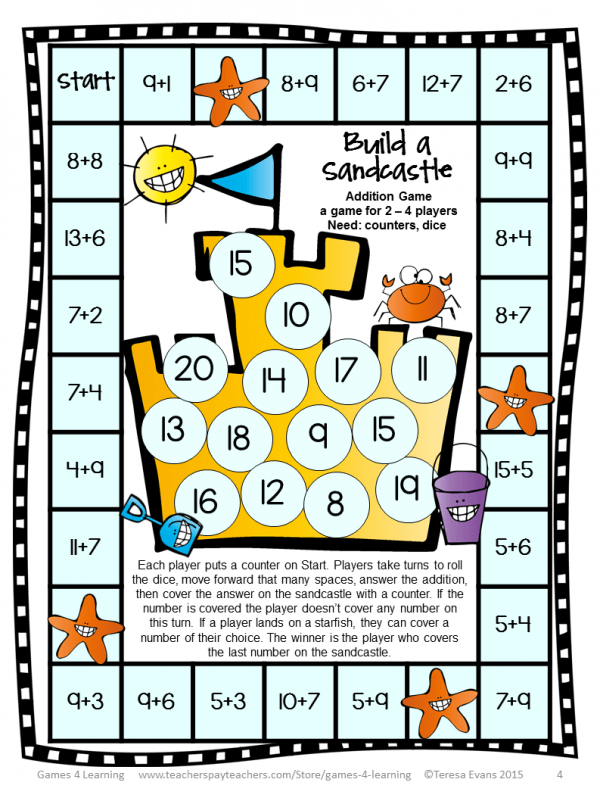
Zeus on the Loose is an awesome face-paced game to improve your kids’ mental math skills.
Proof!Math Skill Focus: Addition, Subtraction, Multiplication, Division
Proof! is a game that everyone can enjoy and participate in. Proof! will help your kids grow and practice their math skills and creativity as they think and find answers.
The card game can be played by 2-6 players – each player needs to think and see the equations hidden among the nine numbers. If the cards run out and no more equations can be found, the game is over. More equations, more chances of winning.
Sequence NumbersMath Skill Focus: Addition, Subtraction, Multiplication, and Division
Sequence Numbers is like a giant game of Bingo. Players select a card from their hands and the cards contain equations. The board has a series of numbers that represent answers to the equations on the cards.
Solve all the equations on your card and place your chips on the board.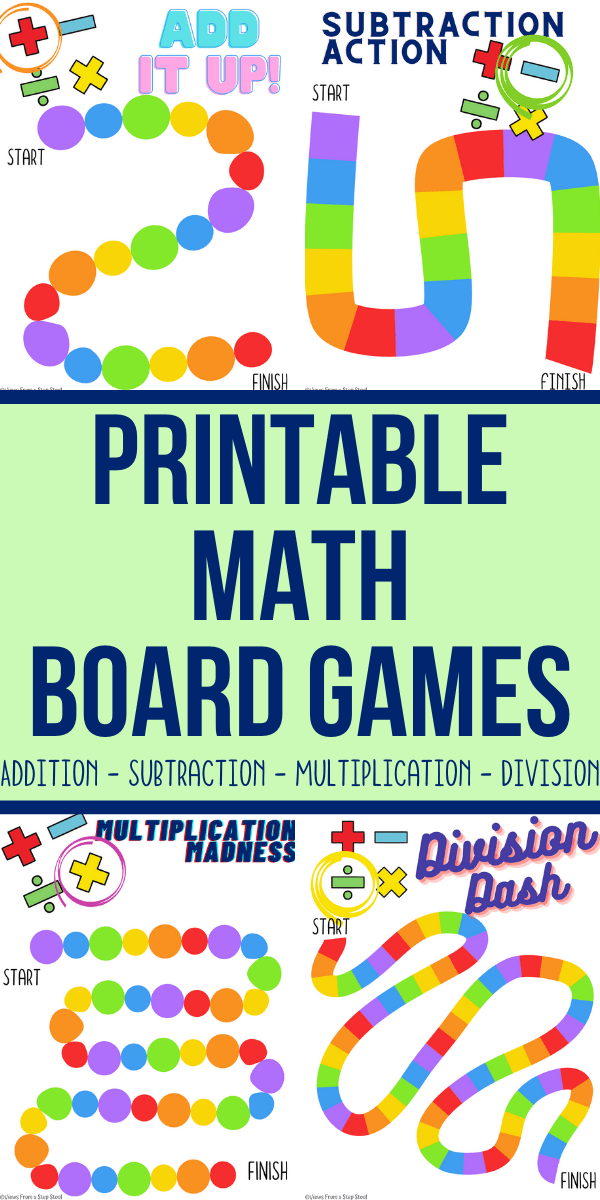 The first one to make a row wins the game. If you like the original Sequence game, you will love this one with math problems!
The first one to make a row wins the game. If you like the original Sequence game, you will love this one with math problems!
Math Skill Focus: Multiplication
The Monster Sock Factory cooperative play helps develop your child’s simple multiplication skills. The objective of the board game is to help the little cute monsters pack enough socks! Players will need to lay down monster cards with a total that corresponds to the number on the center card.
For example, if the center card shows 15, kids can either lay down three cards of 5-legged monsters, or five cards of 3-legged monsters. The one who helped packed the most socks wins!
The Monster Sock Factory is great for multiplication facts and skip counting. It is aligned to common core and Singapore math learning so it’s a perfect gameschooling tool for kids in 2nd grade, third grade and up.
Math for Love Prime ClubMath Skill Focus: Addition, Subtraction, Division, Multiplication
Math for Love Prime Club is a colorful, beautiful board game for 2-4 players.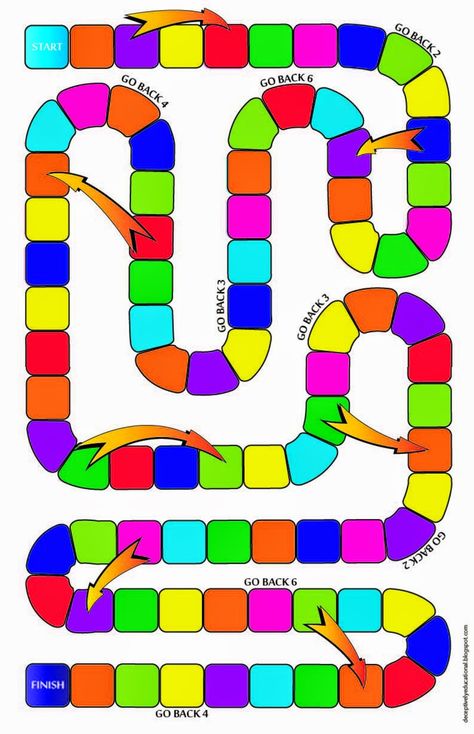 It’s similar to the classic game of Trouble, but with math built-in.
It’s similar to the classic game of Trouble, but with math built-in.
Using the dice, the objective is to go to the center of the board using addition, subtraction, multiplication, and division processes. The first to get to slot 101 wins the game.
This exciting board game is a great way to make arithmetic facts second nature for our kids. After playing this game repeatedly, our kids can truly master the properties and manipulation of numbers.
Introducing Math Skills By AgeWhat mathematical exercises should your child practice? Introducing complicated math concepts to young children can make learning math extra frustrating. To help you guide your kids to learning math, here’s a quick guide on the math skills different age groups should have.
Preschool Years (3-5)The pattern of learning math for this age is understanding concepts based on models and copying. Three-year-olds are in the stage of recognizing and exploring numbers.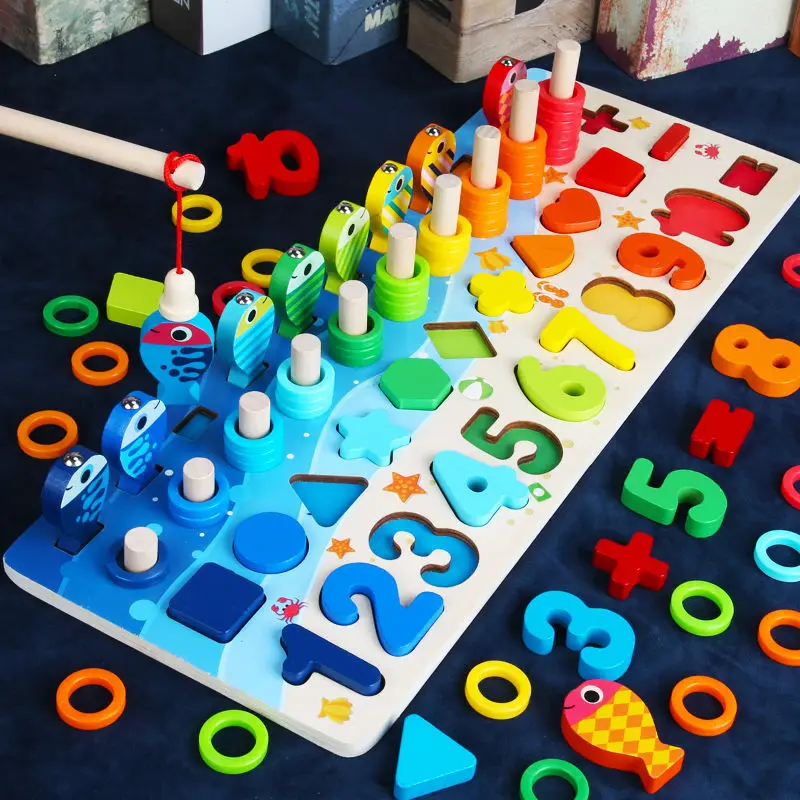
Four-year-olds can easily connect math concepts to real-life (“Mom, I want two apples!”) Five-year-olds have necessary arithmetic skills, including simple addition and subtraction.
You can incorporate math in your preschooler’s everyday life by:
- Reading books about numbers together.
- Point out the shapes and colors of things around the house.
- Sorting and counting toys.
- Counting out loud as much as you can.
- Playing some of the best Math board games for preschool kids.
Elementary school kids have more understanding of the concept of numbers and calculations. At this age, they start to understand more complicated arithmetic and begin to master addition, subtraction, multiplication, division, fractions, and decimals.
You can reinforce your elementary-school child’s math skills by:
- Teaching with food. A simple lesson about fractions using pizza slices can go a long way.
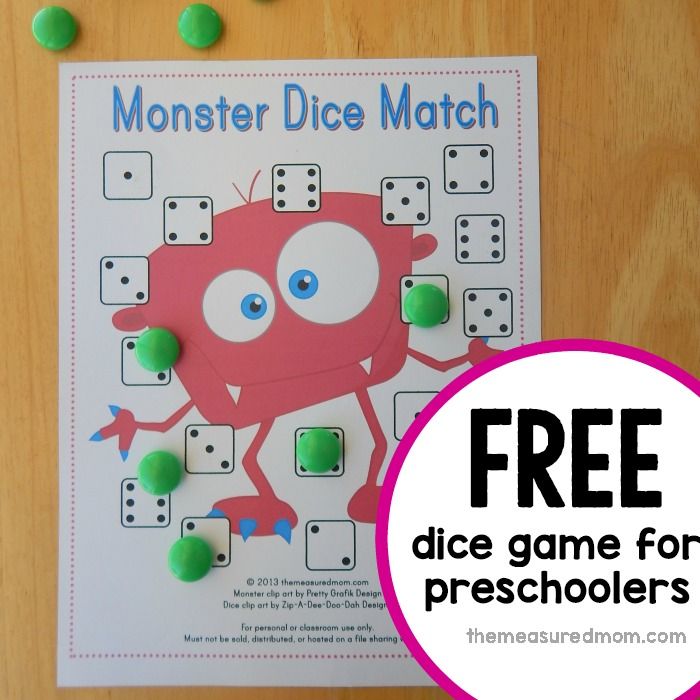
- Making trips to the grocery store a lesson about adding and subtracting money.
- Asking him to help you calculate simple arithmetic in everyday life.
- Playing board games with math concepts with the family to make math learning fun!
Math can be a complicated and hard subject to teach. Gameschooling with fun math board games can make learning math painless and exciting. Combine fun and laughter with your math lessons, and your kids will be engaged in a heartbeat!
For more awesome board games, check out:
- Best Board Games for Curious 4-Year Olds
- The Best Games for 2-Year Olds
| Main page CATEGORIES: Archeology TOP 10 on the site Preparation of disinfectant solutions of various concentrations Technique of the lower direct ball delivery. Franco-Prussian war (causes and consequences) Organization of the work of the treatment room Semantic and mechanical memorization, their place and role in the assimilation of knowledge Communication barriers and ways to overcome them Processing of reusable medical devices Samples of journalistic style text Four types of rebalancing Problems with answers for the All-Russian Olympiad in Law We will help you write your papers! DID YOU KNOW? The influence of society on a person Preparation of disinfectant solutions of various concentrations Practical work in geography for the 6th grade Organization of the work of the treatment room Changes in inanimate nature in autumn Treatment room cleaning Solfeggio. All rules for solfeggio Beam systems. | ⇐ PreviousPage 11 of 67Next ⇒ Lipatova Maria Olegovna, group 21 SDO "Special preschool education" Head: Poptsova Preschool childhood is the most important stage in the development of a person, an active period for the development of many mental processes. It is at preschool age that the work of all analyzers improves, the development of individual sections of the cerebral cortex, and the establishment of connections between them. This creates favorable conditions for the beginning of the formation of the child's attention, memory, thinking, imagination, speech. The development of the child's cognitive processes and mathematical concepts is facilitated by playing activities, in particular board games. The board game requires perseverance from the child, a serious attitude towards the result, the use of an active thought process. The relevance of the study is due to the fact that the mathematical development of children of middle preschool age, developed through board games, with the correct pedagogical organization of the activities of pupils and systematic and purposeful work, can have a positive impact on their development in the field of mathematics. When studying the psychological and pedagogical literature, we have identified a contradiction between the need for the mathematical development of children of middle preschool age and insufficient use of the possibilities of board games in solving this problem. The identified contradiction made it possible to identify the research problem: the search for opportunities to use board games for the mathematical development of children of middle preschool age. Object of study: the process of mathematical development of children of middle preschool age Subject of study: board game as a means of mathematical development of middle preschool children Purpose: theoretical substantiation of the use of board games for effective mathematical development of middle preschool children. Research objectives: 1. Select and study literature on the research topic 2. Analyze modern requirements for the mathematical development of preschool children 3. Study the psychological and pedagogical characteristics of children of middle preschool age 4. Reveal the features of the mathematical development of children of middle preschool age 5. Expand the concept of the game 6. Select board games for the development of mathematical abilities of children of middle preschool age Research methods: study and analysis of psychological, pedagogical and scientific literature. Middle preschool age is an important period in a child's development. It affects ages four to five. This age period is characterized by an increase in living space, purposefulness of actions, improved coordination of movements and their diversity. During this period, there are significant changes in the cognitive processes in the development of the child's personality. Ya. A. Komensky, E. A. Pokrovsky, I. A. Sikorsky, K. D. Ushinsky, F. Froebel were among the first to qualify play as a pedagogical phenomenon. They emphasized that it is in the game that the child gets a unique opportunity to develop, to show his own activity and creativity, to reveal his creative potential. Their views were further developed in foreign and domestic science. To achieve the goal of the study, psychological and pedagogical literature on the topic of the study was selected and analyzed, modern requirements for the mathematical development of preschool children were considered. When considering the age characteristics of children of middle preschool age, we revealed the specifics of the development of mathematical abilities of children of middle preschool age. As a result of the work done, the problem was solved, which revealed itself in the difficulty of selecting board games of modern content. As the topic was mastered, the following conclusions were formulated: — Today, the mathematical development of preschool children is one of the most important processes for the development of the child as a whole. — For the development of elementary mathematical concepts in children of middle preschool age, it is advisable to use a variety of board games. - Board games give the child the opportunity to consolidate a number of complex mathematical concepts, form their ideas about how the number and numbers, numbers and numbers correlate, develop spatio-temporal ideas. Bibliographic list. 1. Vygotsky, LS Psychology of development. 2. Beloshistaya A.V. Theory and methods of mathematical development of preschool children / A.V. Whitish. – Moscow: Academy Publishing Center, 2019. – 272 p. ISBN 5-691-01229-0 3. Korneeva G.A. instructions for the course Formation of mathematical representations in preschool children / G. Korneeva. - Moscow: Veles, 2015. - 143 p. 4. Federal state general educational standard for preschool education [electronic resource]: order of the Ministry of Education and Science of Russia dated 10/17/2013 N 1155 (as amended on 01/21/2019). — Access mode: https://fgos.ru/ 5. Shadrina, IV Theory and Methods of Mathematical Development: Textbook and Workshop for SPO / IV Shadrina. - Moscow: Yurayt Publishing House, 2016. - 279With. ISBN: 978-5-9916-77728-8 Place ⇐ Previous6789101112131415Next ⇒ See also: Algorithmic operators Matlab Design and calculation of pavement Research scientists: why do prayers help? Why do many entrepreneurs fail? |
| This page was last modified: 2021-05-27; views: 62; Page copyright infringement; We will help you write your paper! infopedia. |
Preschool math fun, online math games and activities
HomeExerciseMath
Math
Course Learning shapes
View all
What is symmetry?
Part of the whole
We study the figures (1)
Study the figures (2)
We study the figures (3)
Study the figures (4)
Blomic line
polygon
polygons (1)
View all
11111111Course Learning numbers
View all
Number 1 (1)
Distinguishing numbers from 0 to 9 (1)
Distinguishing numbers from 0 to 9 (2)
Distinguishing numbers from 0 to 9 (3)
Distinguishing numbers from 0 to 9 (4)
Number line up to 10 (1)
Digit 1 (2)
Digit 2 (1)
Digit 2 (2)
View all
Count up to 5
View all
Funny numbers0 (1) 905 )
Cheerful count up to 3
Cheerful count up to 5
Where else? (1
Where is more? (2)
Let's count!
Remove the numbers up to 3
We play and consider
View all
Consider up to 10
View all
Funny score up to 10 (1)
Funny score up to 10 (2)
Tasks to a numerical line up to 10 (1)
Number Line Problems up to 10 (2)
Play and Count (1)
Play and Count (2)
Which is in order up to 10?
Count down from 10 to 1 (1)
Count down from 10 to 1 (2)
View all
Count up to 20
View all numbers up to 20 (1)
Composition of the number 12
Counting in pairs up to 20
Counting objects up to 20
Counting objects up to 20 (2)
Counting objects up to 20 (3)
Counting objects up to 20 (4)
View all
Count up to 100
View all
Approximate count (2)
Money likes count
Units of length.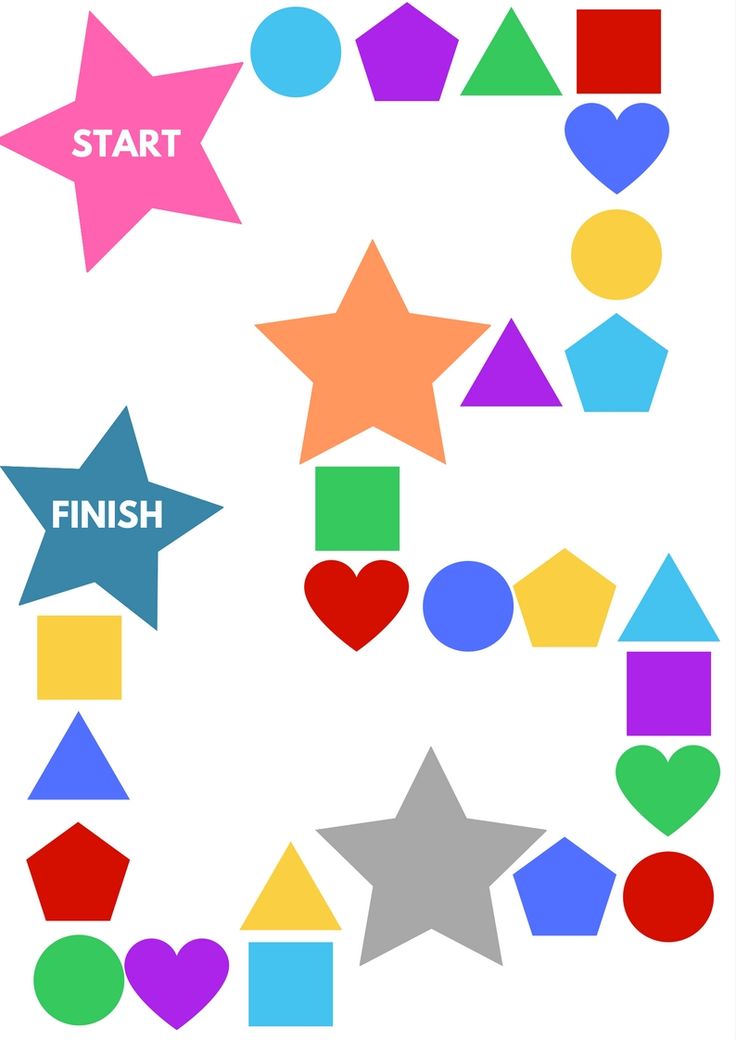 Millimeter
Millimeter
Approximate account (1)
Put up to 100 (1)
Count up to one hundred
View all
Composition of the number
View all
Composition of number 13
Composition of number 18
Composition of number 14
Composition of number 11
9Olo 2)Examples in pictures
Subtract and add
Subtract through ten (2)
Subtract through ten (3)
Drag the answer
Addition. Terms. Sum. (1
Addition. Terms. Sum. (2)
View all
Compare numbers
View all
Longer, shorter, equal in length
Comparing numbers in pictures up to 10
Odd or even
Comparing expressions. Equalities and inequalities
Comparing numbers within a million
Comparing numbers in pictures up to 20
Comparing numbers within 20
Comparing numbers
View all
We multiply and divide
View all
Remember the multiplication table
Division by 10 and 100
Division with a remainder of
The division of a three -digit number by a unambiguous
Tasks for multiplication and division
Do you know whether you know if you know the table of intelligence? (1)
Do you know the multiplication table? (2)
Written division with remainder
Written two-digit multiplication
View all
Solve problems and examples
View all
Learn to solve problems up to 10 (1)
Money is Love money
diagrams
Conservation of subtraction
Problems for multiplication and division
Examples with brackets
We fold and subtract
composition
Composition of the number
View all
Determine the time
View all
Days of the week (1)
Days of the week (2)
Remember months (2)
Distinguishing the seasons
Memorizing the months (1)
Determining the time using the hands
Clock with hands
Autumn riddles (1)
Seasons - spring (2)
See all
Why do we need math?
Mathematics is a fundamental science that appeared at the moment when a person needed to calculate something.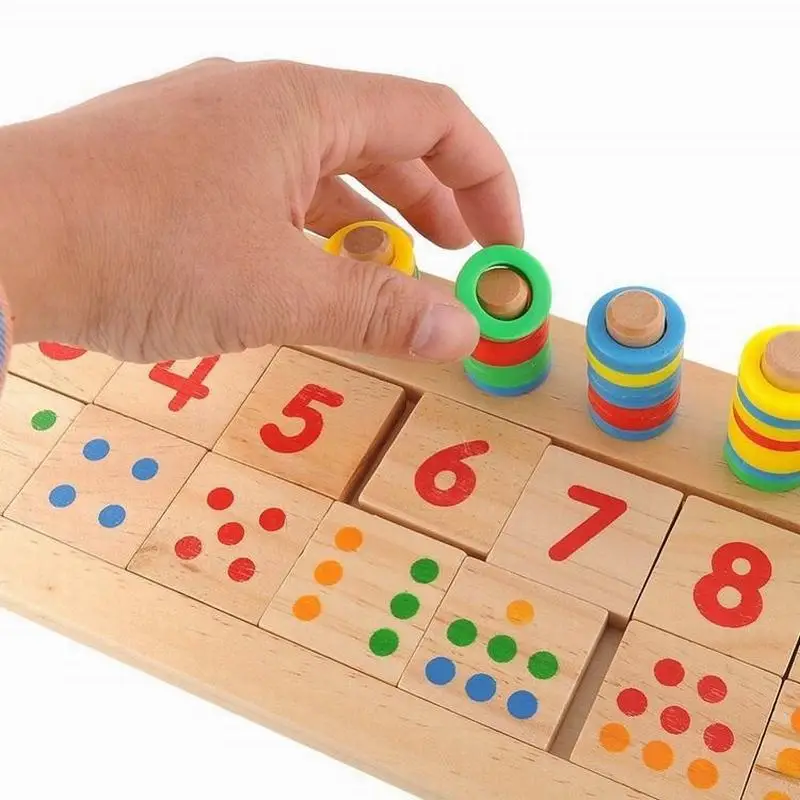 We can say that her age is not much different from the age of mankind. Mathematics helps, on the one hand, to develop abstract thinking, on the other hand, to solve applied problems in everyday life.
We can say that her age is not much different from the age of mankind. Mathematics helps, on the one hand, to develop abstract thinking, on the other hand, to solve applied problems in everyday life.
Mathematical thinking, or mathematical mindset, is based on logic, the ability to build cause-and-effect relationships, critical thinking, the desire to get to the bottom of a question or problem.
Mathematics forms skills that are relevant for any historical period, especially for the present.
What is entertaining mathematics?
Certainly, mathematical abilities are developed by special efforts.
One option is to learn mathematics by solving mathematical problems. For an easier and more exciting learning process, a special section is used - entertaining mathematics. In thoughtful game tasks, interesting plots, using humor, the science of mathematics appears in the most attractive form, which is especially important when teaching children. Children's curiosity and excitement allow you to get involved in the world of abstract calculations and go from entertaining puzzles to real complex mathematics.
Children's curiosity and excitement allow you to get involved in the world of abstract calculations and go from entertaining puzzles to real complex mathematics.
Why does the child not understand mathematics?
There is no definite answer to this question. Perhaps the child has not yet fully mastered the skills of counting. Here, counting games from very simple to complicated options, for example, with dice (as an option, rpg board games) will help.
Very young children may still have unformed abstract thinking: it is easier for them to operate with visual objects. A parent or teacher always shows the application of mathematics, explaining why mathematics is needed in life.
If we are talking about an older age, then it is possible to structure abstract thinking in the form of diagrams on paper, helping not to keep all the data in mind, but to see the full picture visually.
If mathematics is difficult for a child, it may be worth paying additional attention to the development of imagination.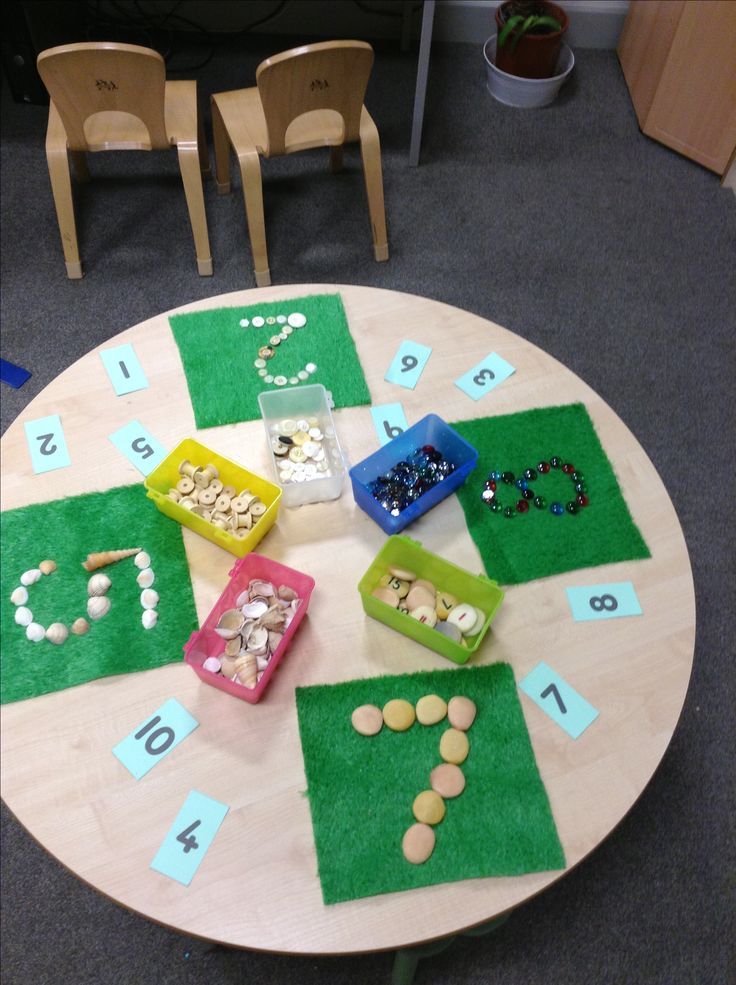 It is not necessary to use the detailed solution of math problems; you can go through mazes, cut out patterns, collect various crafts according to the schemes. Creativity is welcome, because mathematics is not always about dry numbers.
It is not necessary to use the detailed solution of math problems; you can go through mazes, cut out patterns, collect various crafts according to the schemes. Creativity is welcome, because mathematics is not always about dry numbers.
Math in pictures for preschoolers online is now available to every child. The section includes tasks and games in arithmetic for children, exciting tasks that develop addition and subtraction lessons for children. The exercises in this section will help develop attention and concentration, form elementary mathematical concepts in children.
Playful activities
Your child will have a fun and productive time.
Children are engaged with pleasure, are completely immersed in the learning process and achieve results. For children under 6 who have not yet learned to read, we voiced each task.
Cups and medals for children
Awards that motivate children to achieve success.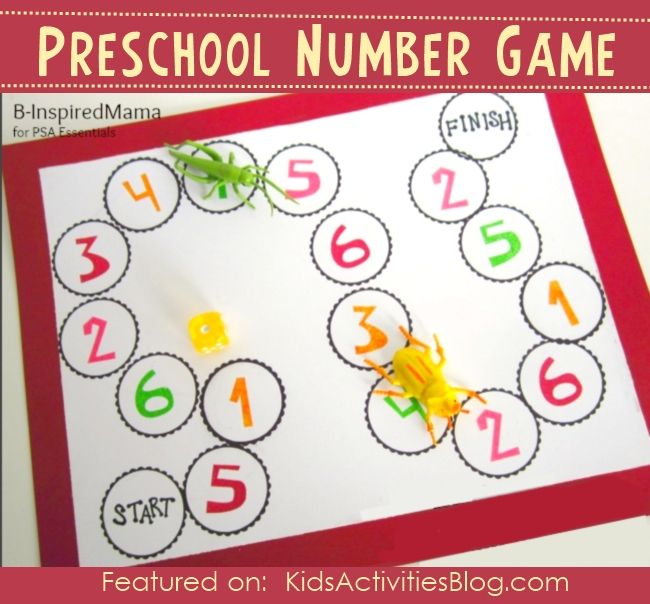

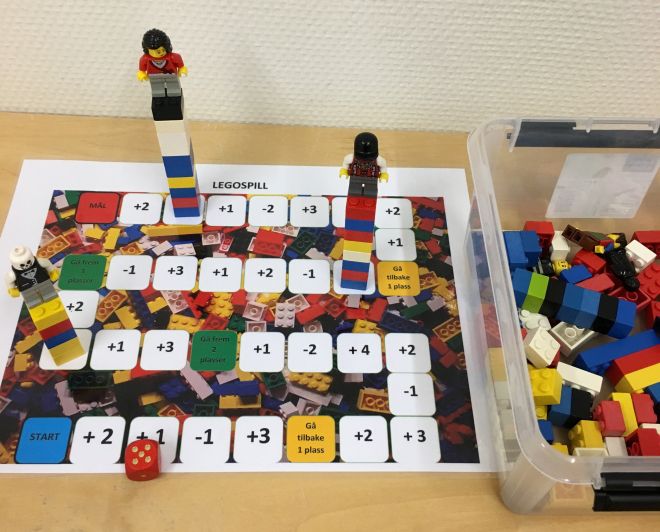
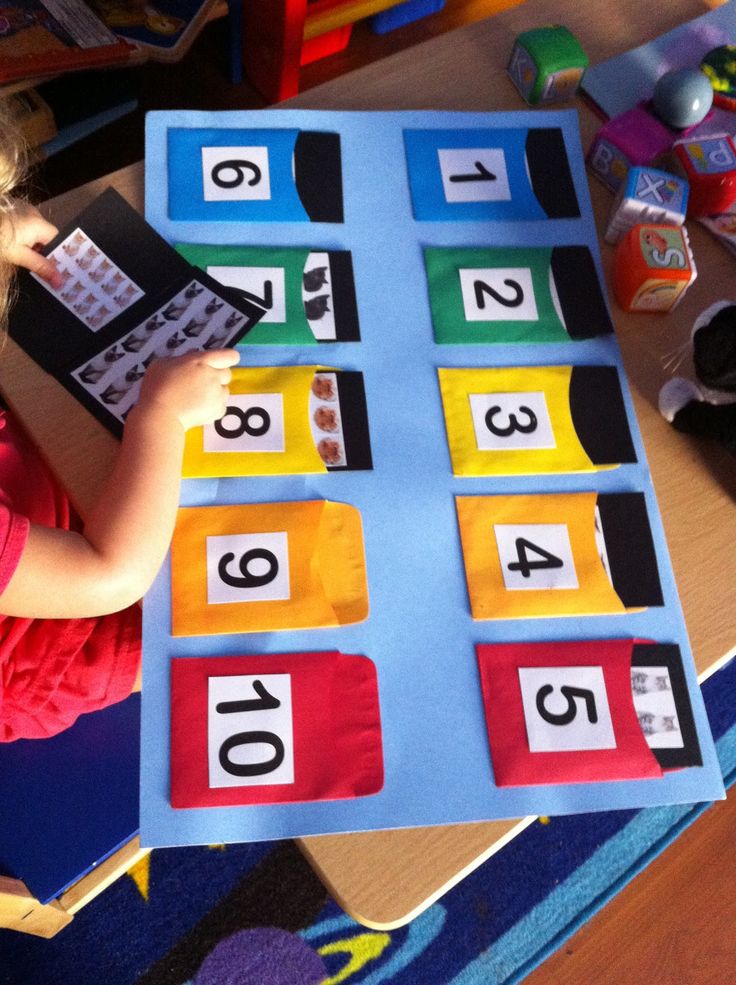 Determination of support reactions and pinching moments
Determination of support reactions and pinching moments 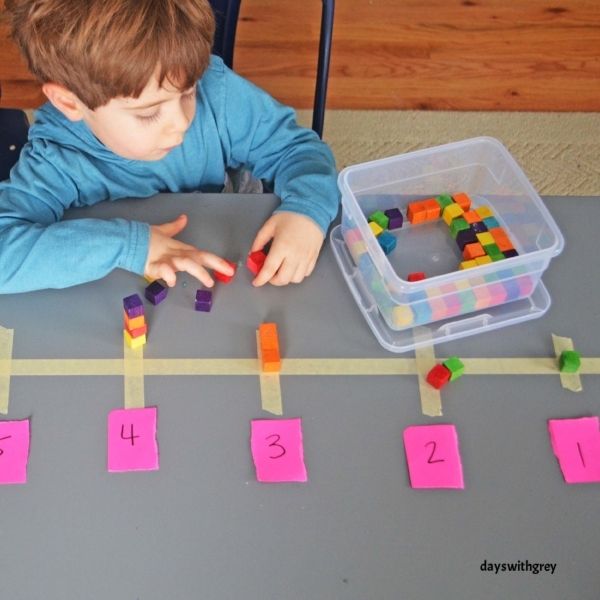 Board games contribute to the perception of the material, so children are actively involved in the cognitive process.
Board games contribute to the perception of the material, so children are actively involved in the cognitive process. 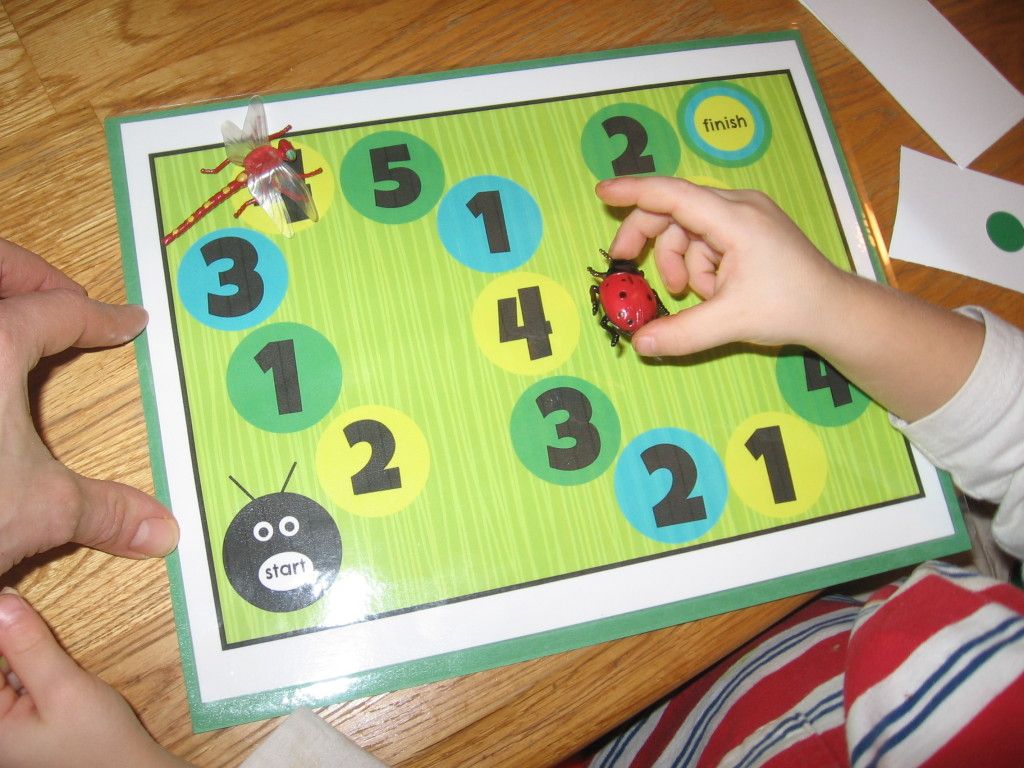
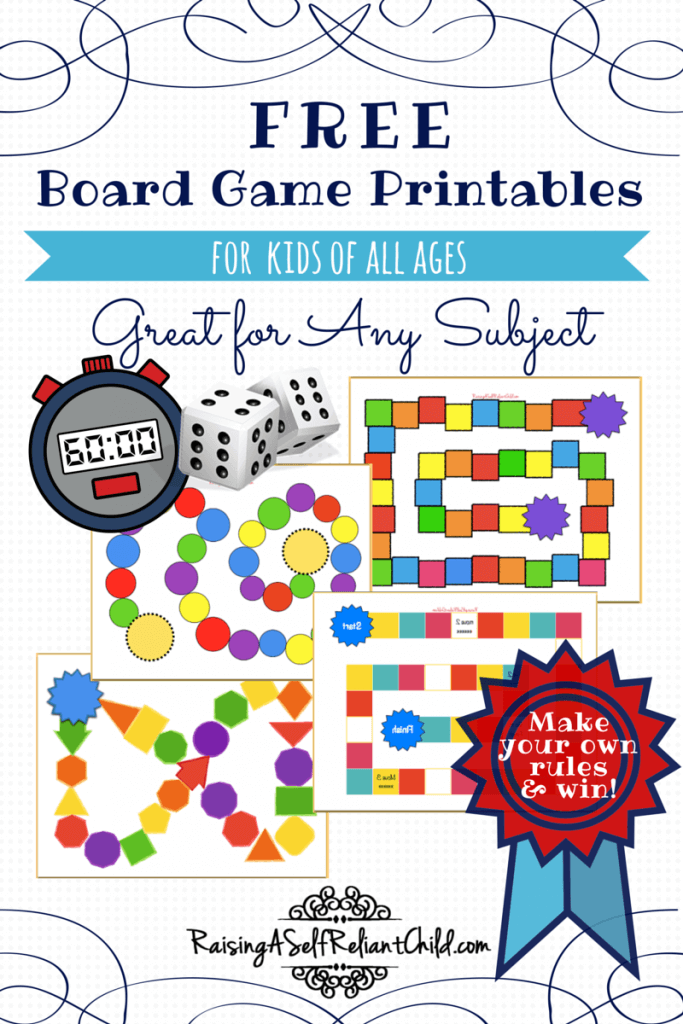 Acquiring knowledge in preschool childhood, he uses them in later life. The main achievements of the age are associated with the development of gaming activities. They should be aimed at the development of logical thinking, namely the ability to establish the simplest patterns: the order of alternation of figures in color, shape, size.
Acquiring knowledge in preschool childhood, he uses them in later life. The main achievements of the age are associated with the development of gaming activities. They should be aimed at the development of logical thinking, namely the ability to establish the simplest patterns: the order of alternation of figures in color, shape, size. 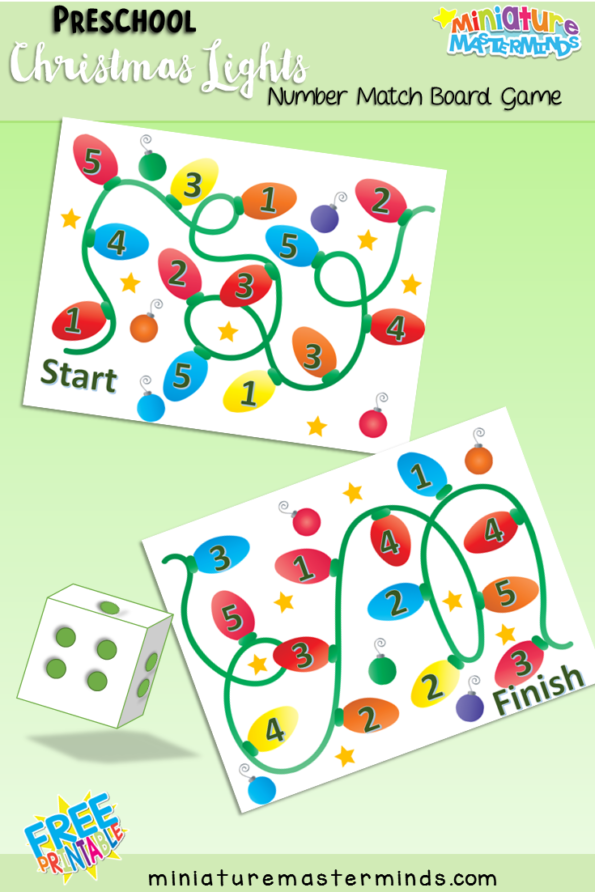 They also picked up board games with modern content that contribute to the development of mathematical representations of children of middle preschool age.
They also picked up board games with modern content that contribute to the development of mathematical representations of children of middle preschool age. 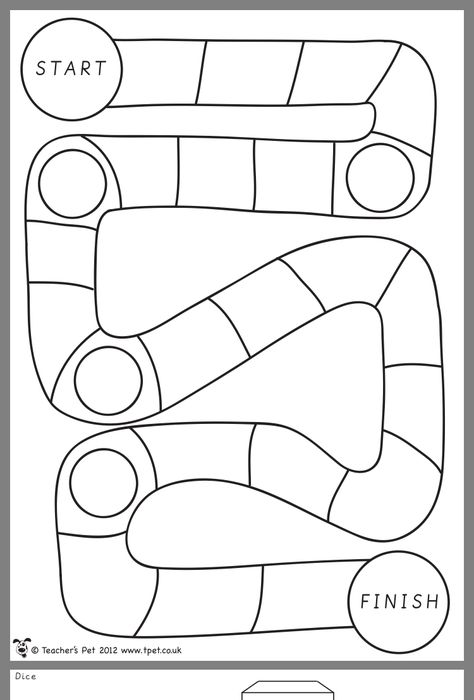 Selected works / L.S. Vygotsky. - Moscow: Yurayt, 2017. - 302 p. ISBN: 5-699-03524-9
Selected works / L.S. Vygotsky. - Moscow: Yurayt, 2017. - 302 p. ISBN: 5-699-03524-9 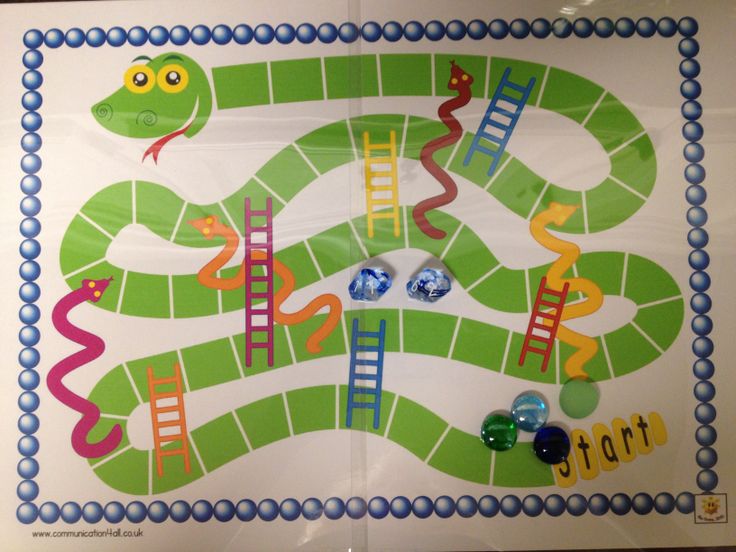 su All materials presented on the site are for informational purposes only and do not pursue commercial purposes or copyright infringement. Feedback - 176.57.188.101 (0.005 s.)
su All materials presented on the site are for informational purposes only and do not pursue commercial purposes or copyright infringement. Feedback - 176.57.188.101 (0.005 s.) 